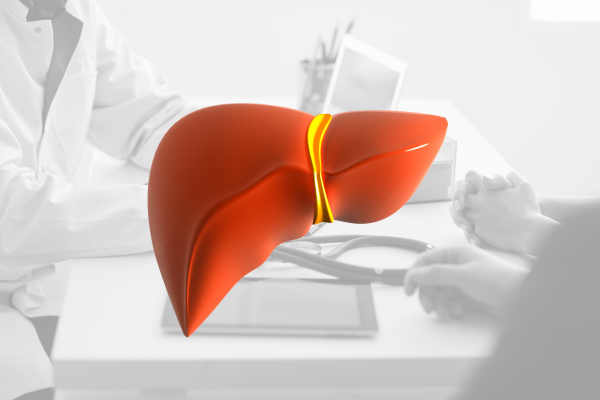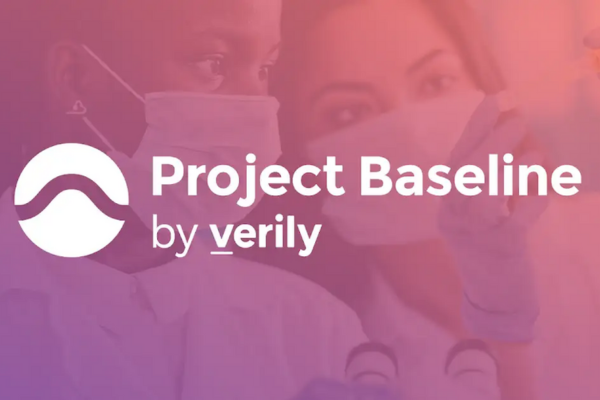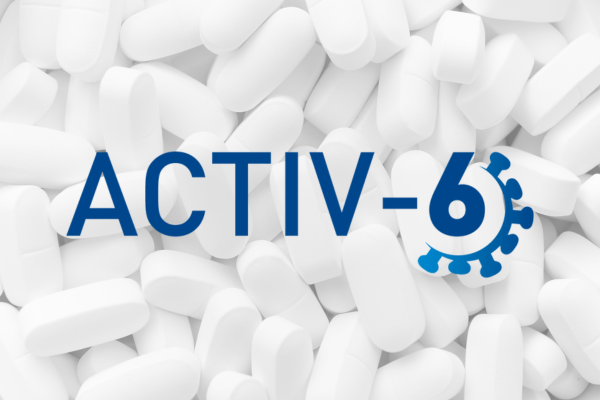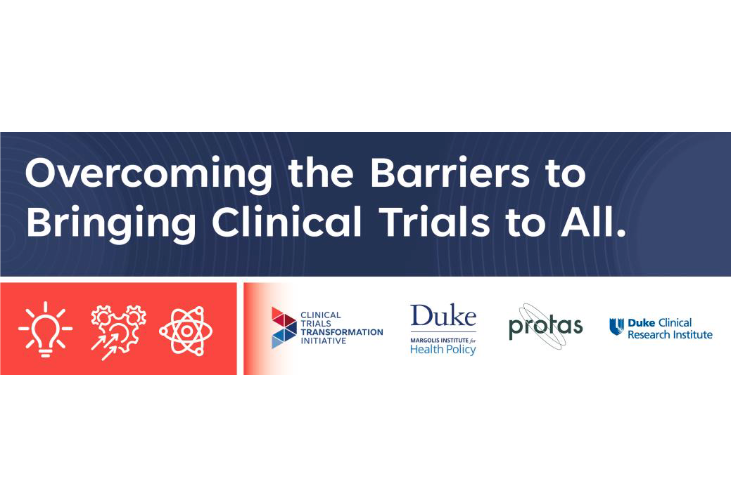DCRI reveals new results, shares expert insights at AHA25
The Duke Clinical Research Institute (DCRI) had a broad and visible presence throughout the 2025 American Heart Association Scientific Sessions, Nov. 7-10 in New Orleans. Faculty and staff participated in more than 40 sessions across a wide spectrum of scientific and educational sessions. Their contributions spanned general and featured presentations, moderated discussions, digital poster forums, late-breaking and featured science, and hands-on simulations.
Two-Dose Antibiotic Offers New Hope for Treating Deadly Staph Infections
A new study shows that a simplified two-dose antibiotic treatment may be just as effective as traditional long-term IV therapy for serious staph (staphylococcus) bloodstream infections, offering patients a safer and easier path to recovery.
Helping Teens Navigate their Neighborhoods Led to Health Gains
A new Duke University School of Medicine study shows that teaching teens how to navigate their neighborhoods – by bus, bike or on foot – can give their health a boost. Durham Parks and Recreation, Durham teens, and pediatric experts at Duke developed a program called Going Places to help kids build the confidence and skills to get around their city.
Study Reveals High Rates of Undiagnosed Heart Failure in Patients with Fatty Liver Disease, Greater Risk for Women
A recent study, led by Duke University researchers and published in the European Journal of Heart Failure, revealed a strikingly high incidence of heart failure (HF) among patients with biopsy-confirmed metabolic dysfunction-associated steatotic liver disease (MASLD), a condition formerly known as non-alcoholic fatty liver disease (NAFLD). The findings suggest that HF is common and underrecognized in the MASLD patient population, raising concerns about missed opportunities for early intervention.
From Data to Decisions: A Model for Returning Individual Results to Research Participants
Returning individual research results to clinical study participants has not historically been the norm, even for participants with abnormal findings. The paradigm, though, is shifting, with return of results becoming not only a scientific responsibility but also an ethical imperative. However, best practices haven’t been established yet.
A team of Duke researchers led by Svati H. Shah, MD, MS, Ursula Geller Distinguished Professor of Research in Cardiovascular Diseases, and Neha Pagidipati, MD, MPH, associate professor of medicine, have developed a model using the Project Baseline Health Study (PBHS) for how to effectively communicate results to patients and help empower them towards their health and medical choices. The study also detailed the large number of abnormal results that were returned to participants, highlighting the need to consider these processes early in study design. Results were published in the American Journal of Medicine Open.
DCRI Leadership Highlighted in Journal Issue on Lessons Learned during COVID-19
Five years after the start of the COVID-19 pandemic, the research community is reflecting on the historic research response to understand the disease and develop diagnostics, therapies, and vaccines. In a special thematic issue of the Journal of Clinical and Translational Science, a set of papers outlines the most critical takeaways for the public health and research communities that should be applied to future public health emergencies.
Embracing Generative AI in Clinical Research and Beyond: Opportunities, Challenges and Solutions
Leading experts recently explored how generative AI could revolutionize clinical research through automated documentation and enhanced trial efficiency. Their findings, published in JACC: Advances, outline crucial steps for successful AI integration while addressing technical, ethical, and regulatory challenges to ensure more accessible and effective research outcomes.
Study Confirms No Benefit to Taking Metformin for COVID-19 Symptoms
A study led by the Duke Clinical Research Institute (DCRI) in partnership with Vanderbilt University found no symptomatic or clinical benefit in taking metformin at a titrated dosage of 1,500 mg per day for 14 days for the treatment of mild-to-moderate COVID-19 symptoms.
New Publication Investigates Practices to Improve Evidence Generation System in Clinical Trials
A new publication developed in collaboration by CTTI, the Duke Clinical Research Institute (DCRI), the Duke Margolis Institute for Health Policy, and Protas published in Trials highlights the current barriers to clinical trial transformation, areas of improvement, and actions needed to transform clinical evidence generation in the United States to better align with clinical care demands. A modern clinical trial infrastructure should prioritize trial accessibility, answer relevant study questions reliably, respond to public health emergencies rapidly, and more.
DCRI Unveils New Imaging and Translational Biomarker Evidence in Pulmonary Fibrosis and Lung Disease from the IPF-PRO/ILD-PRO Registry
New evidence and results from eight studies based on data from the IPF-PRO/ILD-PRO Registry was shared by the Duke Clinical Research Institute (DCRI) and its collaborators at the American Tho









